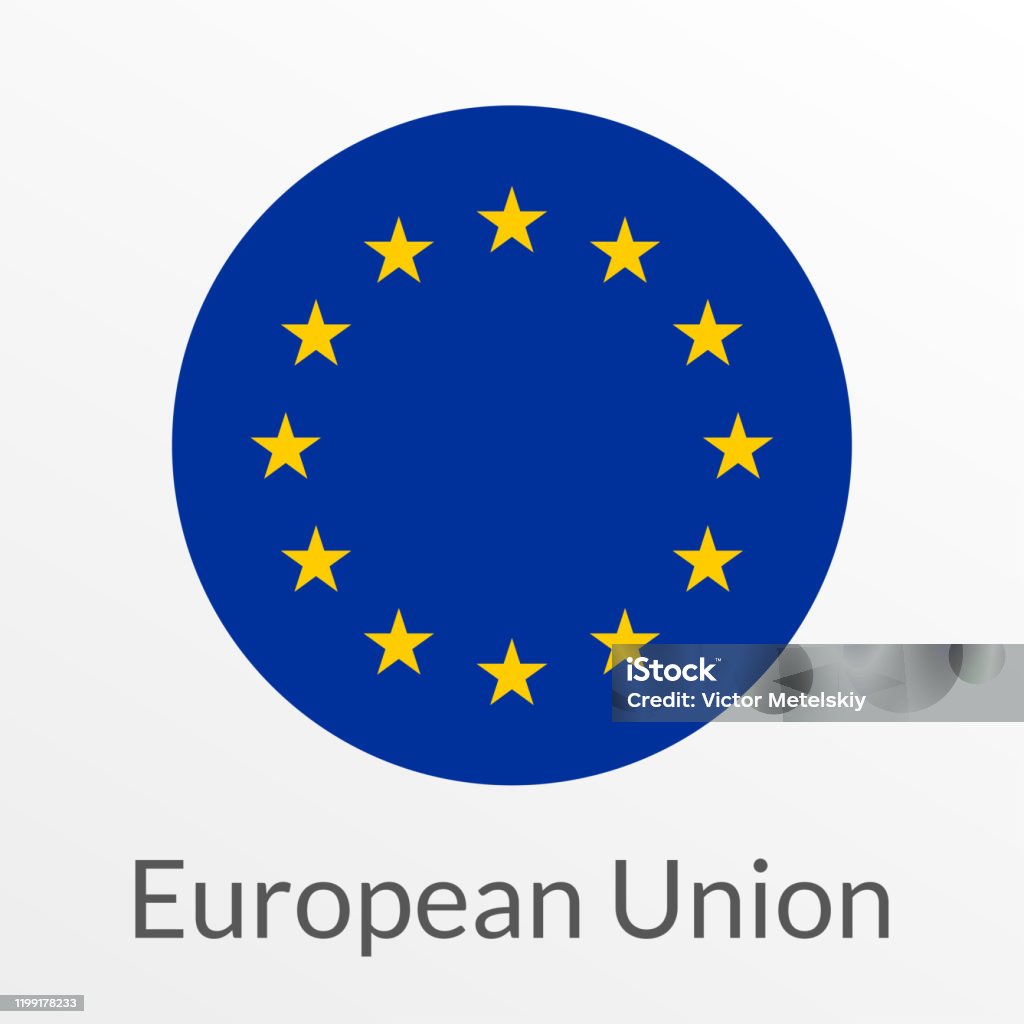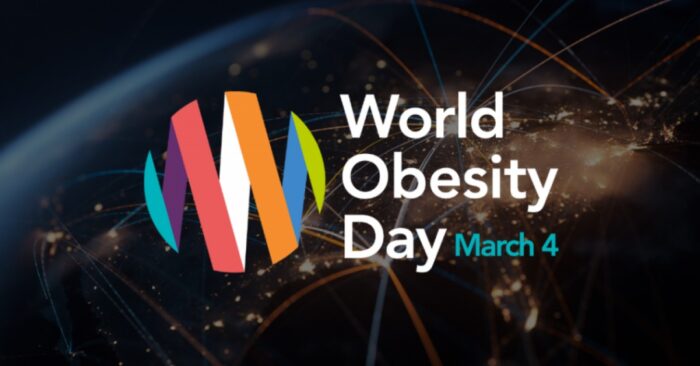The Nigeria government has officially validated the revised National Migration Policy (NMP) 2025 and its Integrated Implementation Plan.
The validation was done during a high-level meeting held in Abuja demonstrating its unwavering commitment to harnessing the promise of migration for national development.
The Migration Policy validation, a significant milestone for migration governance, followed a one-day Technical Working Group meeting,
The meeting brought together multiple representatives from key Ministries, Departments, and Agencies (MDAs), civil society organizations, and the United Nations Network on Migration.
Benefits Of The Revised Policy
According to the Minister of Humanitarian Affairs and Poverty Reduction, Professor Nentawe Yilwatda,“The revised Policy seeks to strengthen institutional coherence, mainstream international best practices, and reinforce national ownership of migration governance”,
The Federal Commissioner of the National Commission for Refugees, Migrants and Internally Displaced Persons (NCFRMI), Mr. Aliyu Tijani Ahmed, said “It is noteworthy that the Integrated Implementation Plan was developed following the United Nations Network on Migration’s six-step guidance for implementing the Global Compact for Safe, Orderly and Regular Migration (GCM)”.
Speaking on the methodology behind the revised framework, Tijani further emphasized the strategic alignment of the policy and the plan.
“This integrated approach ensures that Nigeria’s migration policy framework is not only nationally driven but is also in alignment with global migration governance principles”. He said.
According to IOM Nigeria Chief of Mission,Sharon Dimanche, “This policy is more than just a framework; it is a call to action”.
“It is an invitation for stronger collaboration and a true whole-of-society approach to elevate migration governance and ensure no migrants are left behind”, she added.
Upon validation from stakeholders in the technical group, both documents will be forwarded to the Federal Executive Council (FEC) for adoption.
The review and the validation of the National Migration Policy and Integrated Implementation is supported by the Migration Multipartner Trust Fund (M-MPTF).
National Migration Policy 2025
Shaped by data and developed through a consultative process, the 2025 National Migration Policy and its Integrated Implementation Plan aim to respond to the contemporary challenges of migration in Nigeria, while developing innovative approaches to harnessing its potential.
The revision of the policy was guided by the Principles of the Sustainable Development Goals and Global Compact for Safe, Orderly, and Regular Migration (GCM), offering a contemporary framework that accurately represents the current migration landscape in Nigeria.
Potential For Migration In Nigeria
In Nigeria, with over 216 million people, both internal and international migration are growing in complexity.
These migration dynamics, characterized by an increase in rural-to-urban migration, the rise of “Japa” phenomenon, and labour migration, among others, are driven by multiple factors including economic aspirations, environmental challenges, insecurity, and the desire for social mobility.
The potential for migration in Nigeria is also evident in the ever-growing volume of remittances, which in 2023, amounted to a staggering USD 19.5 billion — money that sustains families and contributes to the country’s development.
National Migration Policy Background
The first National Migration Policy was developed in 2015, marking a foundational step in Nigeria’s effort to build a comprehensive and coordinated approach to migration management.
Since then, the country has recorded numerous successes, including the establishment of migration governance structures, the creation of numerous migration-related policies and agencies.
Notable among them are the revision of the National Policy on Labour Migration in 2020, the establishment of the Nigerians in Diaspora Commission (NIDCOM) in 2017, and the strengthening of inter-agency collaboration through platforms like the National Migration Working Group.
These achievements have enhanced Nigeria’s ability to respond to complex migration challenges and protect the rights of migrants.




